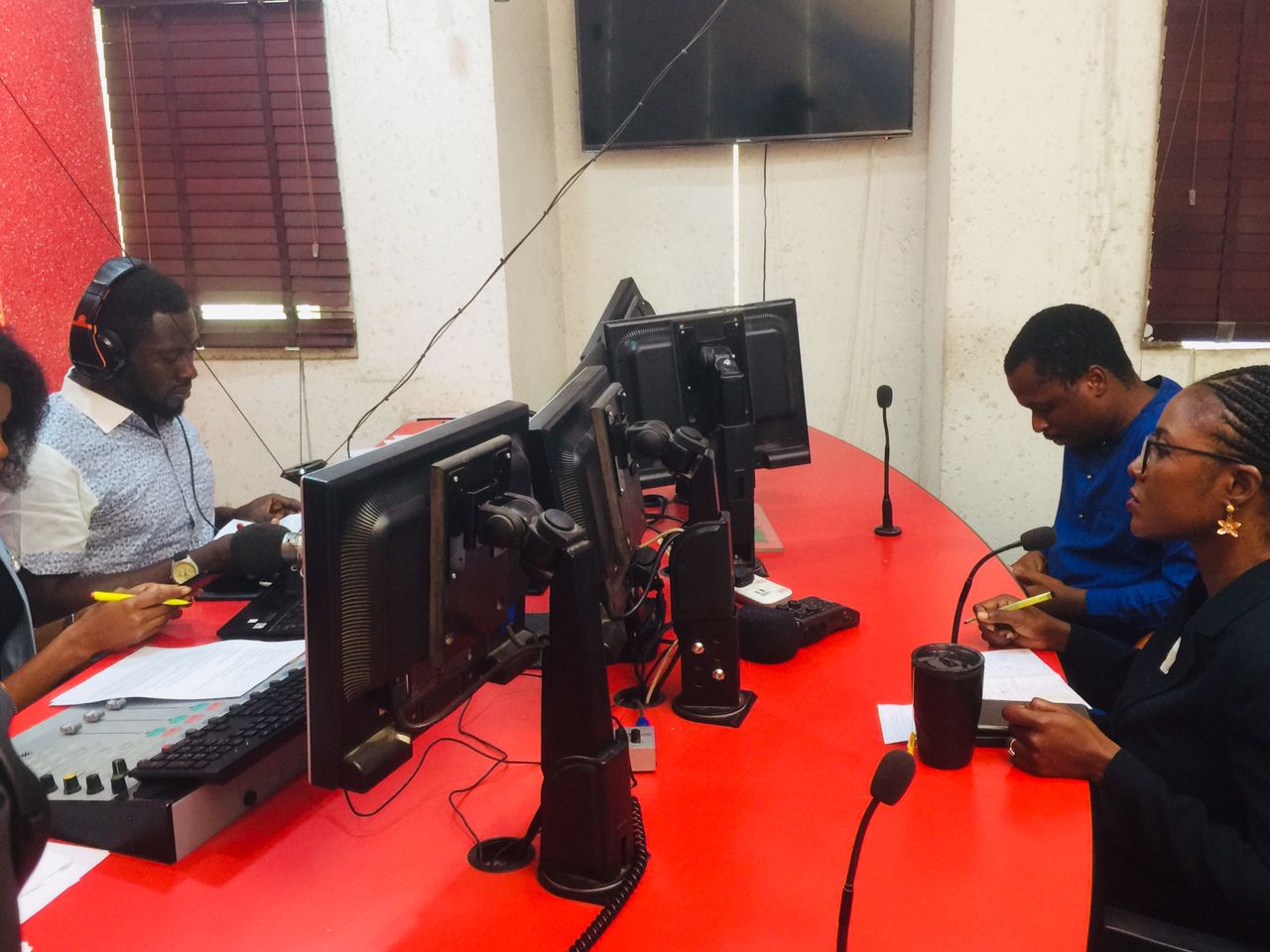The call for the declassification and decriminalisation of petty crimes in Nigeria had been an age-long advocacy. However, a recent investigative report published by Premium Times exposed that underprivileged Nigerians are still hunted down, detained, and jailed if they cannot pay the fines imposed on them.
An Abuja-based lawyer, Oluwatoyin Aladegbami, led the call for petty offences to be declassified during an anti-corruption radio programme, PUBLIC CONSCIENCE, produced by the Progressive Impact Organization for Community Development, PRIMORG, Wednesday in Abuja.
Aladegbami asserted that poor Nigerians are mainly affected by the continued criminalisation of petty offenses as the citizens from the upper strata of the society are never hounded by law enforcement officers. At the same time, noting that citizens’ rights continue to be trampled on for their lack of knowledge of the law.
She called on the judiciary to deploy other means of punishing petty offences other than “using a sledgehammer on small house fly.”
Aladegbami explained that, “When we declassify petty offense, we are saying yes, it is a crime, you should not do it, but it will not carry the kind of punishment that we currently have.”

“I would rather say let’s declassify petty offenses; how about doing community service? It will help. It will serve as a deterrent. Instead of having someone in prison for one month, how about the person serving the community for one month? We have a lot of places in our cities that are dirty and require cleaners. We can get them to do the job for free,” She suggested.
The legal practitioner tasked Nigerians to hold leaders to account and persuade lawmakers at the state and national level to amend laws that are not favorable to the populace. She also urged for more pro bono service by lawyers and human rights awareness campaigns for citizens by Civil Society Organisations (CSOs).
“I call on NGOs that focus on these areas to please create more awareness for our citizens to know their rights, to know the steps to take – the dos and don’ts of the law. I would plead with the government to kindly help our citizens; we need a better environment to work in.
“you’ll hardly see law enforcement agents go to a supposed rich person and say that they want to arrest the person for carrying a laptop, but this often happens on the streets. Now the city also needs to be taught about good conduct. Approach is very important,” Aladegbami advised.
On his part, a journalist with Premium Times, Kunle Sanni, called on the citizens to leverage the 2023 general elections to ensure candidates seeking to become legislatures buy into the decriminalization of petty crimes.
Sanni said that criminalising petty offences is the same as criminalising poverty. He alluded that the Nigerian media has an enormous task in educating poor and underprivileged citizens who face harassment, extortion, and arbitrary arrest by law enforcement officers for petty crimes.
According to him, the investigation was carried out in the nation’s capital, Abuja, and Lagos state and uncovered that many vulnerable people suffer from a “lack of access to legal assistance services and on many occasions end up in jail for hawking, loitering or being homeless.
Earlier, a resident of Lagos state, Osinachi Ndukwe, narrated how he was jailed and asked to forfeit his commercial vehicle for committing a traffic offense and physically attacking law enforcement officers.
Nigerians who called into the radio programme frowned at the treatment meted out to poor citizens for petty offences and urged that something be done urgently about it.

Public Conscience is a syndicated weekly anti-corruption radio program used by PRIMORG to draw government and citizens’ attention to corruption and integrity issues in Nigeria.
The program has the support of the MacArthur Foundation.
About Author
You may also like
-
Anti-Corruption: Whistleblowing Law Long Overdue – Activists, Lawyers Counsel FG
-
N12bn Bribery Scandal: EFCC Urged To Prosecute Indicted Nigeria Customs Officials
-
NEIP: ICPC Harps On Collective Fight Against Corruption
-
ICPC Says Constituency Projects Tracking Declining Corruption, Urge Nigerians To Report Infractions
-
Birth Certificates: Corruption Unabated in Registration Centers — FG Alerted

